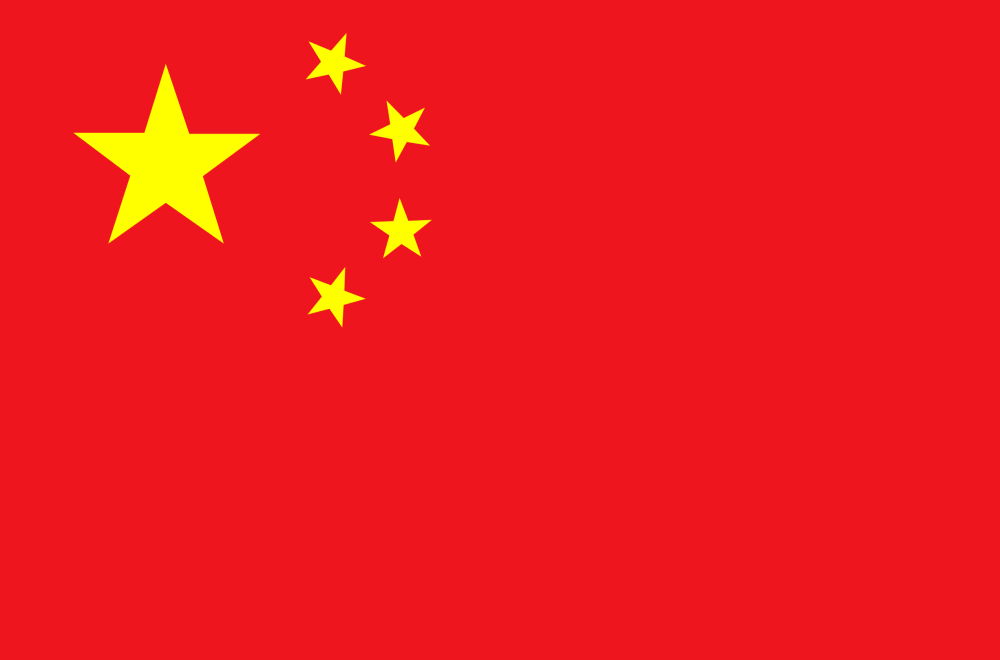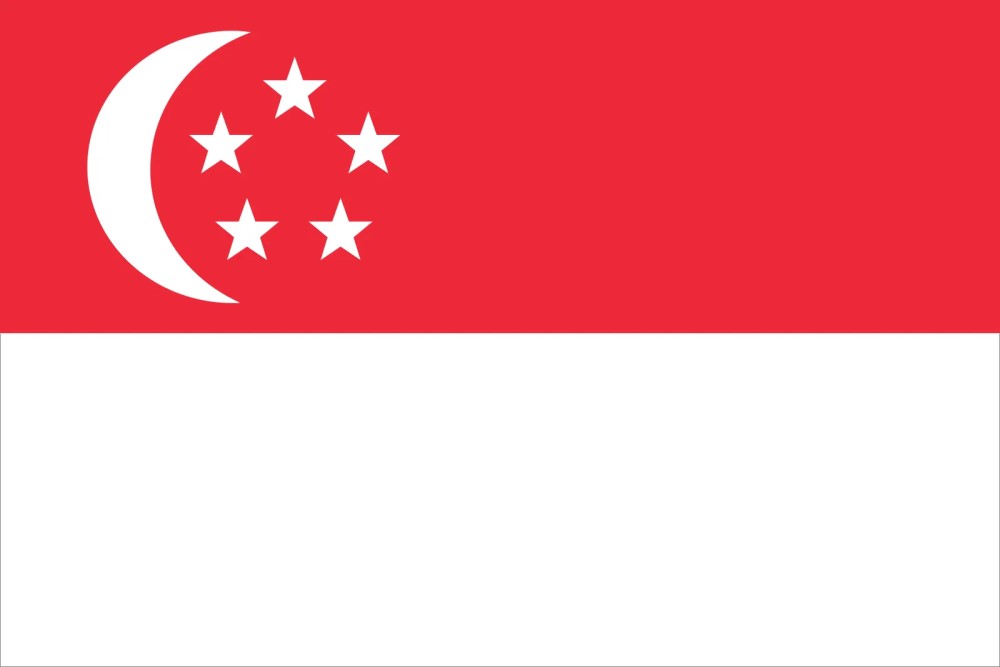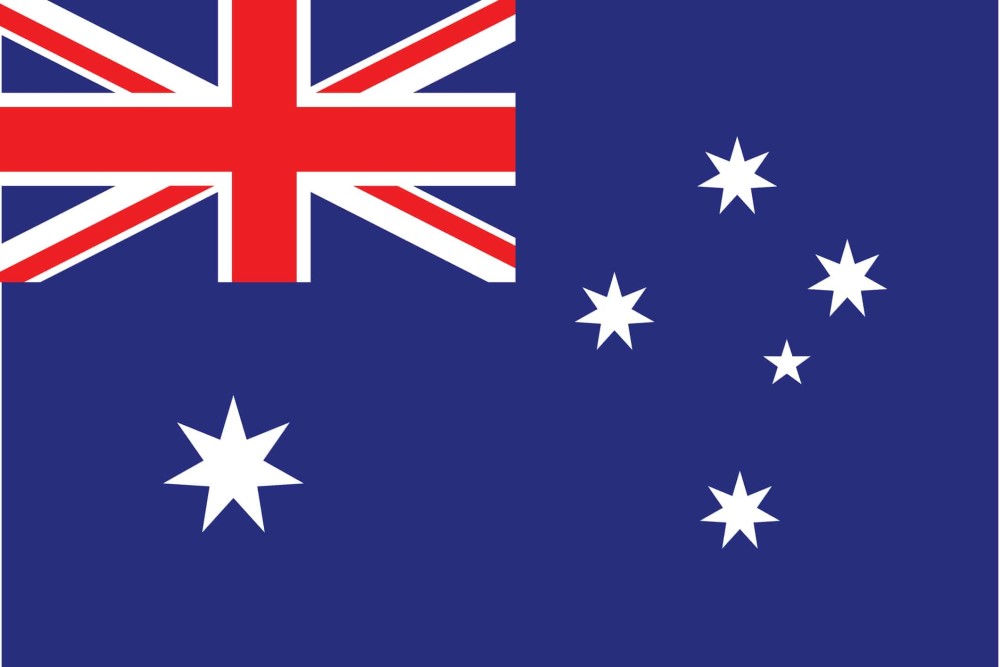Asia Pacific (APAC) is a first mover in relation to AI regulation. Mainland China, in particular, has had city or regional regulations in place for some time and, more recently, enacted national AI regulations targeted at particular types of AI services or use. Across APAC, however, approaches vary significantly in relation to regulating AI. This article explores AI-related legislative developments across APAC, as part of our APAC tech themes series.
Read the first focus topic of the series examining data themes in APAC. For more in-depth analysis of tech issues and developments across APAC, see our second edition of A Guide to Technology Disputes in Asia Pacific.
The Global AI Regulatory Landscape
We are seeing powerful advances in AI and machine learning – including the introduction of generative AI with an apparent ability to create and personalise. Synergies with other developing technologies, such as neurotechnology and quantum computing, are expected to further expedite AI developments. This presents both vast opportunities and a range of legal, ethical and practical challenges. Organisations exploring AI opportunities are navigating a patchwork of overlapping law and, in some cases, sector-specific regulation, as they develop their AI strategies within their broader ethical, compliance and risk frameworks.
This landscape is evolving as governments globally consider whether to adapt existing legal frameworks to better address AI, with some countries developing AI-centric legislative and regulatory frameworks. A watershed moment will be the promulgation of the EU's AI Act, which is expected shortly. It will be a key milestone in the evolving approach to regulating AI in the EU and beyond, introducing a risk-based framework for AI governance across the AI supply chain, with application beyond the EU and serious penalties (for more, see our article: The EU's AI Act: What do we know about the critical political deal?). The EU's AI Liability Directive is also being negotiated to introduce harmonising measures on civil liability and compensation for damage caused by AI.
In the US, the federal government is taking its first steps to advance a comprehensive framework for AI, with President Biden's Executive Order on the Safe, Secure and Trustworthy Development and Use of AI (EO), issued in October 2023. While the EO is primarily directed at government agencies, it is expected to shape regulation of private enterprises and industry best practice. (For more information see our articles: What businesses need to know (for now) about the Biden Executive Order on AI? and Biden Executive Order on AI: what businesses can do (for now) about the safety and security mandates.
We are also seeing increased international cooperation in relation to developing AI regulation and guidance. As the Cyberspace Administration of China (CAC) states, "The governance of AI, a common task faced by all countries in the world, bears on the future of humanity."[1]
Within this global landscape of evolving AI legal frameworks and regulatory enforcement, developments across the APAC region showcase a range of strategic approaches in addressing AI-related challenges. In these jurisdictions the approach ranges from steadily putting in place targeted rules and regulations for AI in Mainland China to, at the other end of the spectrum, reliance on existing laws overlayed with sectoral and subject area guidance from key regulators (such as in Hong Kong and Singapore). Somewhere in between sit Japan and Australia, with their governments considering passing AI-specific legislation and conducting public consultation exercises, but in the meantime relying on adjusting existing law or supplementing it with high-level ethical principles and regulatory guidance. The common theme appears to be that APAC governments are closely monitoring the fast-evolving developments in AI and maintaining an agile approach. In this article we examine in more detail the AI-related legislative developments in Mainland China, Hong Kong, Singapore, Japan and Australia.
[1] Dewey Sim, South China Morning Post, Belt and road forum: China launches AI framework, urging equal rights and opportunities for all nations, 18 October 2023, https://scmp.com/news/china/diplomacy/article/3238360/belt-and-road-forum-china-launches-ai-framework-urging-equal-rights-and-opportunities-all-nations
 Clifford Chance
Clifford Chance






